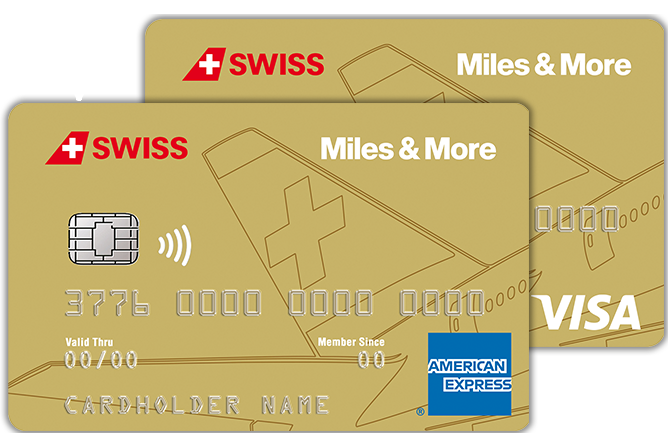In trading, a limit order is a type of order made by an investor to a broker. A limit order is only valid if the trade can be performed at a price equal to or better than a limit price which the investor specifies.
This prevents brokers from purchasing securities at prices higher than those which investors are willing to pay, or from selling securities at prices lower than investors are willing to sell at.
Limit orders can be used both for purchasing securities (buy limit order) and for selling securities (sell limit order).
Typically, limit orders are good-till-cancelled orders, meaning the order remains in place until the limit threshold is reached and the trade can be executed. However, limit orders may also be good-for-day orders or good-till-date orders.
Example 1: You want to buy 100 shares in the stock of a certain company, but only if the price per share falls to 56 Swiss francs from the current 59 Swiss francs. You place a buy limit order instructing your broker to buy the 100 shares but only if they can buy them at 56 francs per share or less.
Example 2: You want to sell 100 shares in a certain stock, but only if you can sell them for 59 francs per share. Their current price is 56 francs per share. You place a sell limit order instructing your broker to sell the 100 shares but only if they can sell them for 59 francs or more.
More on this topic:
Swiss stock broker comparison
Order types offered by Swiss online brokers
 Deal of the Day
Deal of the Day 




